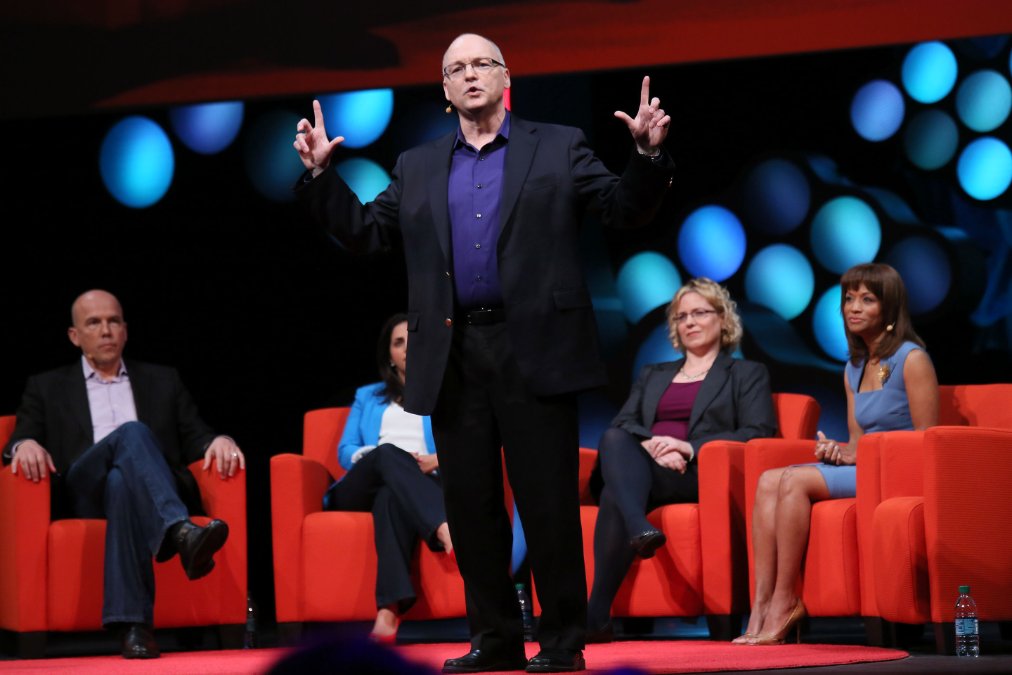In a recent interview, Microsoft founder Bill Gates created quite a stir when he suggested that robots be taxed because society will not be able to manage the speed and magnitude of the impending automation of everything.
While his intent was to suggest ways to stave off the massive social unrest that will surely come with wholesale unemployment, it wasn’t a week before the editorial staffs at the Economist and BusinessWeek weighed in on impracticality of the idea, saying it would slow down technology investment and automation rates, and seriously damage American competitiveness.
Curiously, they framed the founder of the modern high-tech revolution as a Luddite. What the business press didn’t do was offer a viable alternative to Gates’ flawed solution. The reason is clear. Discussions regarding the obvious end game in this Age of Automation are ideologically divisive both in terms of economics and politics. Both sides move backwards to fortify their positions with principles first formed centuries ago. Conservatives see liberty as the pathway to equality, while progressives see it the other way around. The problem is that neither of these views provide anything close to a practical remedy.
Maybe it’s time that we developed some new ideologies to go with our innovations. Yes, we’ve seen revolutionary shifts take us from farm to factory, and more recently, from corporate cubicles to the wide-open digital spaces where free agents gather. But we’ve never seen a future without us in it.
Well actually, maybe some of us have. Over 9 million jobs were lost during the Great Recession. Many of these positions were simply replaced by technology. According to the Economic Policy Institute, millions have fallen out of the workforce and those fortunate enough to find new positions are experiencing wage stagnation. For these folks who are increasingly downwardly mobile, the robots have already taken over.
There are always inflection points where society pivots to catch up with technology. It not only requires sufficient time to develop a new approach, but also for us to get our collective heads around what’s happening.
There are encouraging signs that robots will produce new forms of employment.
First, there is fierce competition in the online learning space. Digital distribution companies, as well as community colleges and intermediate school districts are focusing on the delivery of inexpensive and ongoing training. Artificial intelligence, virtual reality and the Internet of Things are simply the machines of this Age of Automation, and must be operated and maintained.
Second, the cost of technology continues to fall. What were prohibitively expensive machines five years ago, such as 3D printers or drones, can be purchased for about the same price as a laptop. Consider how anyone can record a professional quality song on their smartphone. It’s the record company with millions in overhead that suddenly finds itself at a disadvantage.
Entrepreneurs are now using cheap component parts to assemble complex systems to manage energy grids, autonomous vehicles and even control air traffic.
Finally, you can’t take it with you. In the Gilded Age, Andrew Carnegie and John D. Rockefeller gave much of their amassed fortunes to create some of our most important research institutes, libraries and universities.
Similarly, the Giving Pledge, a campaign for billionaires to leave most of their wealth to philanthropic causes started by Warren Buffett and Bill Gates – yes, Mr. Robot Tax himself, is currently donating hundreds of billions to eradicate diseases, educate the underserved and further advance technology – those rascally robots – while avoiding government glad-handing.
For now, let’s not tax the robots. It might cause an automated populist rebellion of their own. And none of us are qualified to deal with that.
This article was originally published on The Next Idea

Jeff DeGraff is the Dean of Innovation – an author, speaker, and advisor to Fortune 500 companies and mission-driven organizations worldwide. He’s the CEO and Founder of Innovatrium, Founder of Intellectual Edge Alliance, and Clinical Professor of Management and Organizations at the Ross School of Business at the University of Michigan. Jeff co-created the Competing Values Framework and developed the Innovation Code and Innovation Genome methodologies which provide organizations with practical tools to reconcile competing priorities and drive breakthrough performance. His mission is the democratization of innovation: making systematic innovation accessible to everyone, everywhere, every day.
